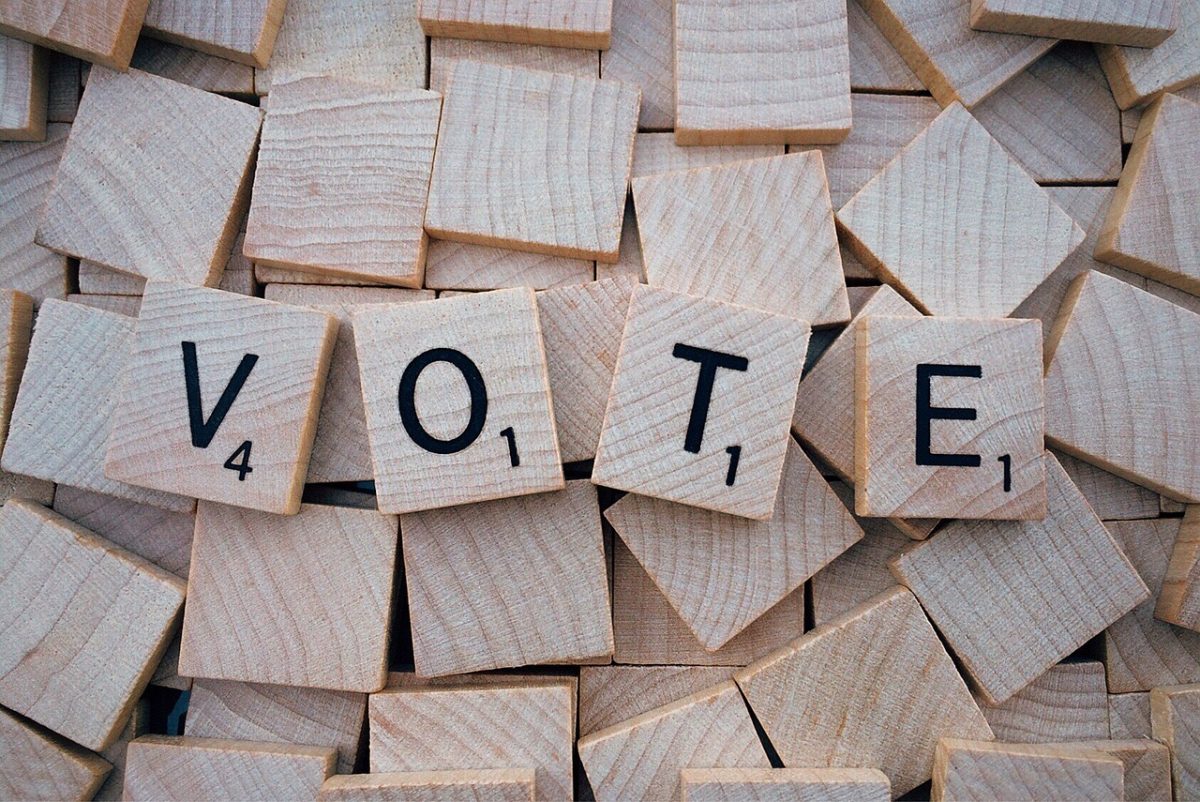It is September 30, and the country is watching Joe Biden and Donald Trump’s presidential debate from the comfort of their homes amidst a global pandemic, a rising outcry against racial injustice, and an economic downfall. Americans are torn on who to vote for, and the year is–2024?
To many, the fact that the main 2024 candidates are a rematch of the 2020 election comes off as a disappointment, as one would think that a man with several indictments in addition to two impeachments would be deemed unfit for the presidency and a man reaching 82 would consider retirement. For years, many Americans have been dissatisfied with having two choices, or even a two-party system in general. In a 2022 poll by Gallup, 58% of Republicans and 46% of Democrats agreed that a third party is needed. So, where exactly are the third parties?
The major parties, Democrat and Republican, have overshadowed the numerous parties that exist in the United States. There’s the Green Party, the Libertarian Party, the Peace and Freedom party, the No Label Party, and many, many more. The thing is, we hardly hear of these minor parties because some, like the No Label Party, struggle to even get on the ballot. The bigger of the minor parties–the Green Party and Libertarian Party–have been more successful in gaining recognition compared to their other minor party peers. Candidates currently running include Cornel West, Jill Stein, and Claudia deLa Cruz, etc, so it’s not that there are only two choices. However, the country’s election system plays a huge role in making it feel like there are.
Part of the reason why talks of a third party are always shut down is the fact that no third-party candidate has ever won a presidential election–George Washington was the only Independent (belonging to no party) president the country ever had. Not only is there a sense of discouragement preventing Americans from voting for a third party, but a sense of fear as well. Since a vote for a third party is already considered a ‘wasted vote’ by some, it is feared that a vote for a third party is a vote for the candidate you don’t want. In an articles from The Gaurdian, Political commentator Robert Reich asserts that: “The reality is that any anti-Trump votes these third parties pull away from Biden will only help ensure a Trump victory.”
However, to others, this isn’t enough to convince them to vote for Biden, who continues to support Israel despite calls for a ceasefire in Palestine. In Michigan, Arab Americans and Muslims have launched an ‘Abandon Biden’ Campaign, urging voters not to vote for Biden. In a CBS News interview, the chair of the campaign, Samraa Luqman, declares, “the only way I would vote for him is if he pulled a Jesus and resurrected all those dead children and civilians.”
This year’s presidential election, especially, feels undemocratic as people are either voting against a candidate instead of for a candidate or discouraged from voting at all. This leaves many, especially those who may be eligible to vote for the first time this year, feel stranded, and to those ineligible to vote, concerned for 2025. However, there is a system that has the potential to solve this dilemma: ranked choice voting (R. C. V.). Instead of only voting for one candidate, in a R.C.V. system, voters rank the candidates by who they like the most. If your top choice were to be eliminated, your vote would go to your second choice. R.C.V., according to FairVote, “frees voters from worrying about…which candidates are more or less likely to win.” For example, if someone wanted to vote for Jill Stein but thinks Biden has a better chance of winning, instead of solely voting for Biden, in an R.C.V. system, they could still vote for Jill Stein first and Biden second. Currently, this voting system is already being used in Alaska, Maine, and numerous cities across the U.S. No matter the outcome of the 2024 election, the youth can still advocate for ranked choice voting and democratic elections so that in the future, the main question one asks themselves before voting goes from “are these our only choices?” to “which candidate has my best interest at heart?”


